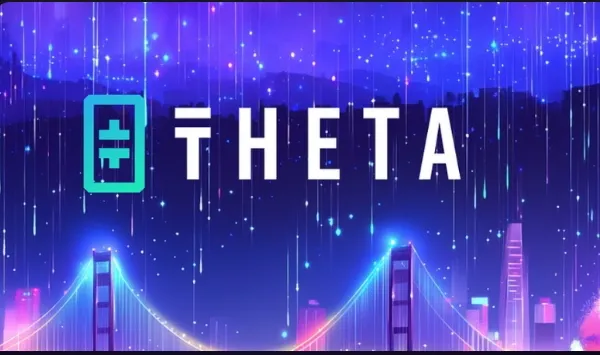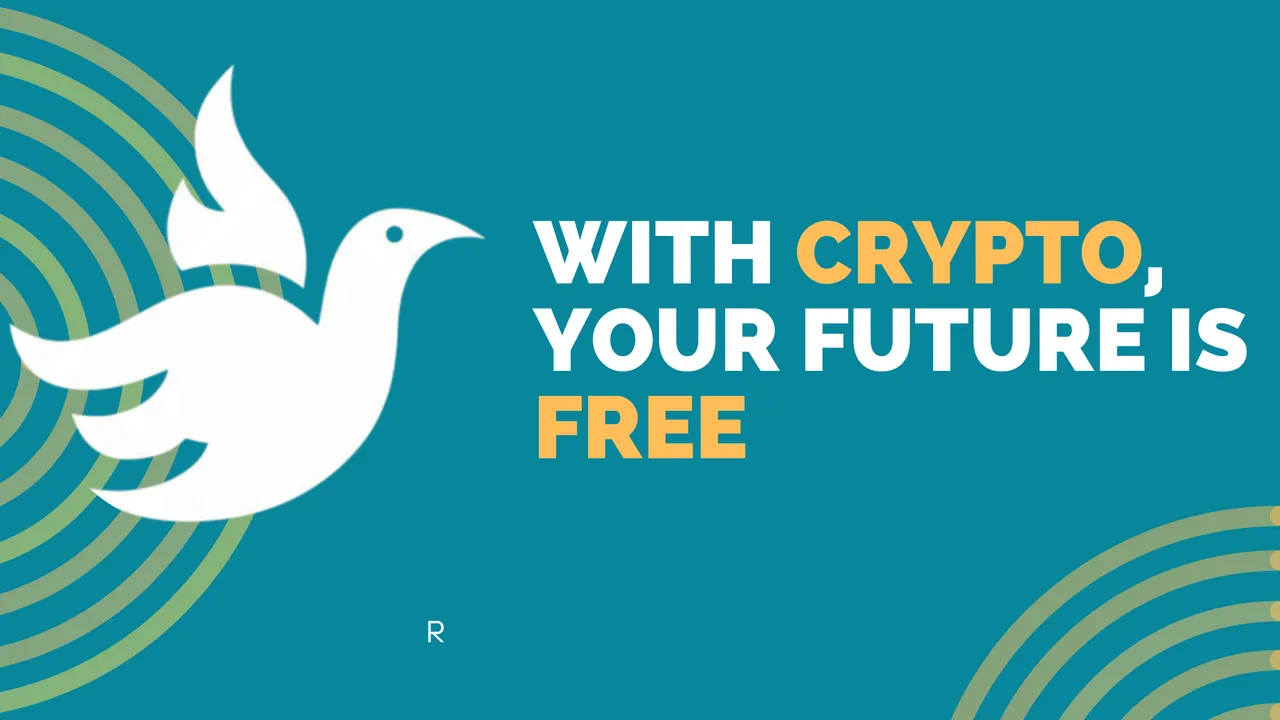
Do you remember that frustration of being engrossed in your favorite movie, only for the picture to freeze or pixelate at the most inopportune moment? Or perhaps, as happened to me once, trying to enjoy a live concert online, and the experience is constantly interrupted by cuts and low quality? These interruptions are not just nuisances; they are the symptom of a streaming model that, although dominated by giants like Netflix and YouTube, faces challenges of slowness and high costs inherent in its centralization. It is precisely at this turning point that Theta Network emerges, a blockchain project with the ambition to rewrite the rules of the online video game.
Founded in 2017 by Mitch Liu and Jieyi Long, Theta Network proposes a radical alternative: a decentralized network for video streaming. The premise is ingenious: what if users could share their bandwidth and unused computing power, in a P2P style, to help distribute videos? The idea is that, in exchange for this contribution, users receive rewards, transforming passive consumption into active and remunerated participation.
The Pillars of the Network: A Robust and Collaborative Architecture
Theta's internal structure is a complex web of cooperation, built on three main types of nodes that work together to keep the network fluid and secure:
- Validator Nodes: These nodes are responsible for processing network transactions. It has been mentioned that big names like Google, Samsung, and Sony are involved in this fundamental layer.
- Guardian Nodes: Their function is vital to ensure network consensus, acting as a bulwark of stability.
- Edge Nodes: Here lies the heart of decentralization for the common user. Users simply install software and dedicate part of their bandwidth and surplus resources to retransmit small video segments to other nearby users. For this direct contribution, they are rewarded with TFuel.
The Theta network's economy is supported by two distinct tokens:
- Theta (THETA): This is the network's governance token. It allows its holders to participate in important decisions and to perform "staking," a process of locking coins to secure the network and earn rewards.
- TFuel (TFUEL): Considered the "fuel" of the network, TFuel is the operational token. It is used to pay for transactions within the network and, crucially, to reward edge nodes for their valuable contribution.
From a technological standpoint, Theta uses a modified version of "Proof of Stake". A significant milestone was the implementation of "sharding" with Mainnet 4.0 in 2022. This technique, which divides the work to process more transactions simultaneously, is key to improving scalability and preventing network saturation.
The Promising Vision and the Shadows of Doubt
Theta Network's value proposition is undeniably attractive: the promise of reduced costs for streaming platforms, improved quality for viewers with less buffering, and offering rewards to both users and content creators. The project also benefits from important collaborations and the experience of advisors from companies like YouTube and Twitch. Its roadmap for 2025 is ambitious, contemplating the launch of the Edge Cloud beta with a hybrid architecture (cloud and edge), a strong focus on artificial intelligence, and decentralized storage.
"On paper, the promise sounds great: lower costs for platforms, better quality for us, the viewers, theoretically less buffering and even rewards for users and creators."
However, as with any disruptive innovation, not everything is a paved road. A crucial point of debate and analysis is found within the community, especially in forums like Reddit. Here, critical questions and doubts arise about the current operability of the technology. Do the subchains of metachain 4.0 really work as expected? Is significant bandwidth sharing being achieved through the edge nodes, which is the essence of the system? And, one of the most prominent concerns, do key tools like Theta Video API or THor Chain rely more on centralized services like Google Cloud than on the very edge network they promote so much?
These discussions reflect a certain frustration with the progress perceived as slow compared to initial promises, the delay in the appearance of Metachain 4 launch partners, and communication from the team that, for some, could be clearer.
Joining the Network? User Experience and Investment
If the idea of contributing to this network appeals to you, the landscape is quite accessible for individual users. According to comments on Reddit, operating an edge node is possible even with modest hardware, such as a laptop with an i5 processor and 4 GB of RAM. However, users also point out that current earnings in TFuel are "quite small", and some suggest considering extra cooling if the equipment is to be left on continuously.
For those considering direct investment in the tokens, Theta (THETA) and TFuel (TFUEL) are available on platforms like eToro, Bit2Me, and Coinbase, with options in Spain. However, caution is essential. Investment guides emphasize the inherent risks: THETA's high volatility, the dependence of success on mass adoption by platforms and users (which is not guaranteed), fierce competition in the streaming sector, and regulatory uncertainty in the cryptocurrency sphere. Although having renowned partners like Google or Samsung adds credibility, it is not a guarantee of success.
The Big Question: From Promise to Tangible Reality
Theta Network has set itself a monumental goal: to redefine how video is distributed globally, leveraging blockchain technology and the power of the community. The ambition is unquestionable. However, the technical challenge of decentralizing real-time video is gigantic.
"The vision is powerful, but decentralizing real-time video, that's a gigantic technical challenge."
This leads us to a final reflection: how much real, tangible, and verifiable progress will Theta Network need to show for the community, both users and investors, to transition from seeing it as an "interesting promise" to a "functional reality"? The tension between the promising vision and concerns about its current implementation persists.
Theta Network's journey is a fascinating case study at the intersection of blockchain technology and one of our most common digital activities. If you are intrigued by the possibility of a future without buffering, where the network is powered by everyone, I encourage you to keep a close eye on this project! Could Theta be the answer to our daily streaming frustrations? Only time, and its ability to materialize its vision, will tell.
